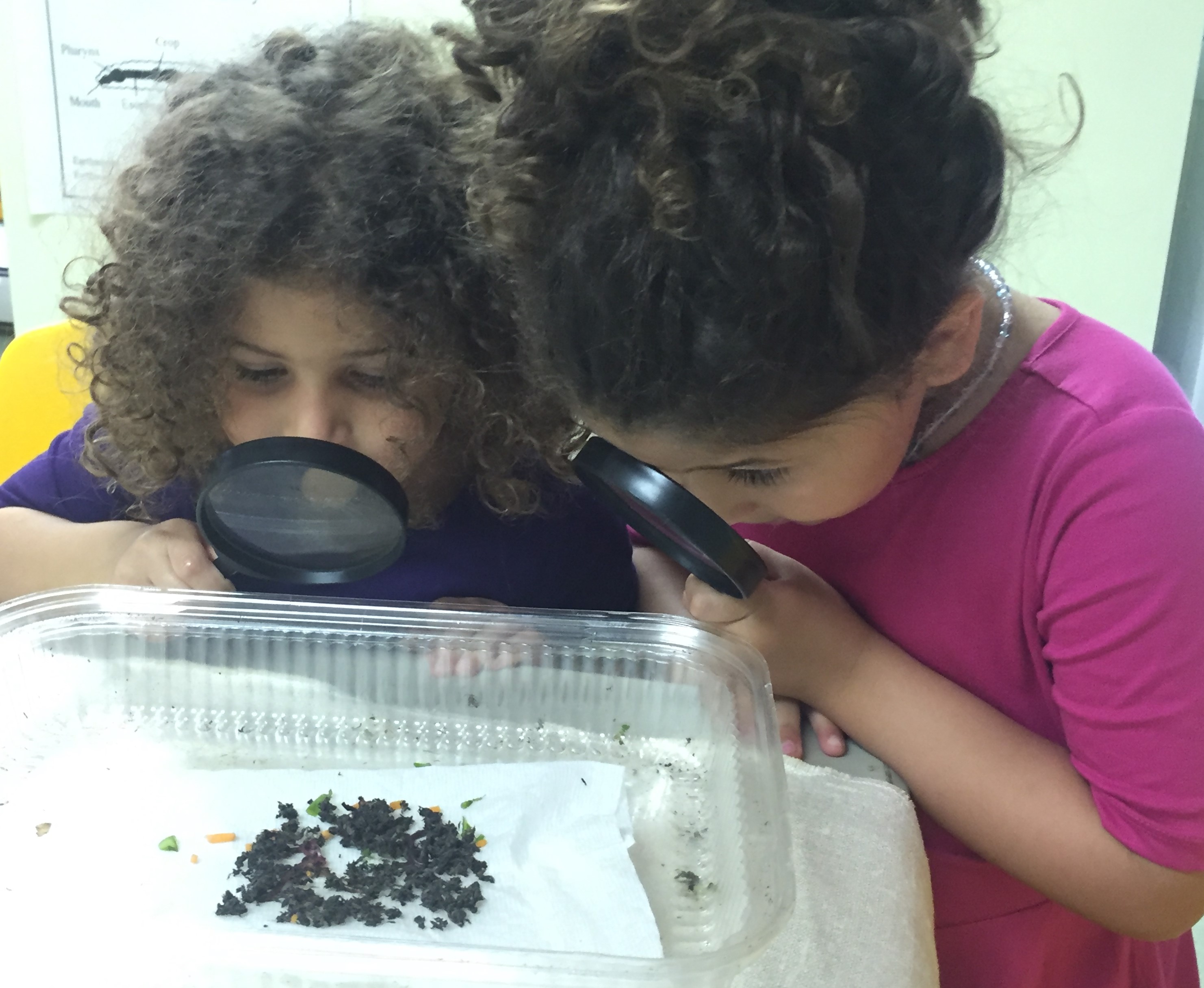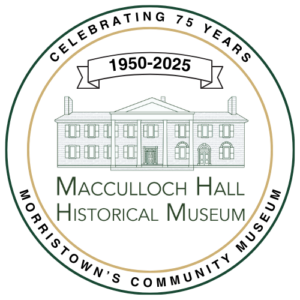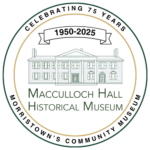Happy National Learn About Composting Day! Composting is a natural way of recycling organic material such as leaves and vegetable scraps. The organic material creates a nutrient-rich fertilizer that is beneficial for plants and gardens. Many things that are normally tossed in the trash, and later end up in a land-fill, can be composted. Vegetable or fruit scraps, coffee grounds, tea leaves, and egg shells can be composted but not meat, milk products, or animal waste.
At MHHM, composting is even MORE FUN with red wiggler earthworms! Hundreds of school children and summer campers have learned about vermicomposting, composting using earthworms, during visits to our historic garden or when our earthworms visit students in their classrooms.
Even though New Jersey gardens are filled with night crawler earthworms, red wigglers are recommended for composting since they stay on the top layers of the soil. Red wigglers will eat the organic materials and produce worm castings. These worm castings can then be used directly or as a liquid fertilizer for your plants.
As a first step, keep track of what organic materials you or your family throw in the trash in a week to see how much you could be composting. Younger children can create a colorful poster of fruits and vegetables and other items that can be kept out of the trash.
Composting means less methane gas produced from landfills, more plants growing stronger with chemical-free fertilizers, and happy red wiggler earthworms doing what they do best—eating and recycling!
Resources
Do you and your family want to become vermicomposters? Learn how here.
Looking for an outdoor activity and books about earthworms? Visit lemonlimeadventures.com.
Prefer to stay out of the dirt? Make your own earthworms with pipe cleaners and beads.

Topic: Citizen Science
Age / Level: Elementary

